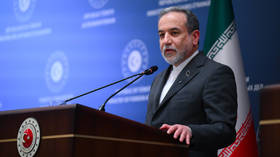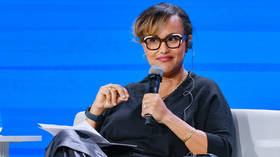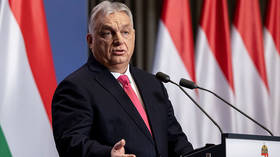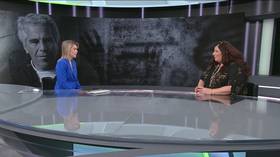‘Yemen could become the next Syria and Iraq’
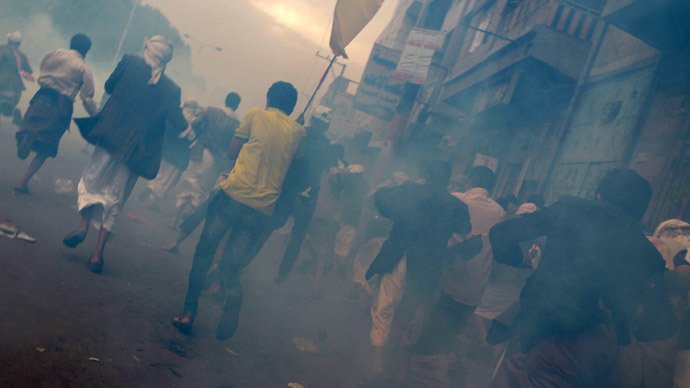
The situation in Yemen is dangerous, with President Hadi and the military unable to confront Al-Qaeda, the Houthi in the capital, and Al-Islah using religious tension to regain power, Catherine Shakdam of the Beirut Center for Middle East Studies told RT.
The armed Yemeni Shia fighters known as the Houthi captured a town south the capital Sana’a early Sunday. Al Jazeera reported they stormed the headquarters of the local government in the capital. The Houthi are said to be demanding a bigger share of power and a change to the country's political order following the 2011 protests that forced longtime leader Saleh out of office.
RT:How do you assess the current turmoil in Yemen? Are we talking about a complete breakdown of power and leadership?
Catherine Shakdam: I would say that Yemen is holding on but only just. President Hadi has proven unable to withstand the tide – the Al-Qaeda tide - and so far the military has proven unable to do anything. I would say the problem remains that the military remains deeply divided along sectarian lines, in political allegiances, and there is absolutely no unity in the government whether political or military.
RT:Shiite rebels have made massive gains in recent weeks, including the capture of the capital. What does it mean for the security situation?
CS: I don’t know if capture is a right word because I would say the arrival of the Houthi into the capital Sana’a has been very much understood as a political liberation because the Yemeni people felt very much that the coalition government did not respond and answer to their demands, to their revolutionary demands. I’m not sure that they are understood as invaders of the capital. I don’t think they actually meant to take over the capital, what they wanted to do is basically to pressure the government into abiding by the rules of the national dialogue and make sure that the people’s will would be respected. That being said, their arrival at the capital has created a backlash, political and security backlash, where a lot of politicians in Yemen haven’t understood their arrival as Iran’s arrival into the scene, and they have understood them as a threat to Yemen’s religious and political identity.
RT:What are the chances Al-Qaeda could seize the moment and escalate sectarian bloodshed?
CS: That’s the main problem that Yemen is facing currently. Houthi has always been described as Shia rebels. They belong to Zaidi Islam, a branch of Shia Islam. But that’s the problem; people have reduced their arrival, their political presence in Yemen down to religion. And this is what Al-Qaeda is trying to do; they are trying to use the current political instability to revert to a religious narrative whereby Yemenis would feel that they have to push Islam in Iran when it’s not really the key. This is what Al-Qaeda wants to do. I would like to add that Al-Islah [Yemeni Congregation for Reform] has very much pledged within this narrative as well. Al-Islah has been the main loser from the arrival of Houthi in the capital, they have been dislodged from power, they have lost their hold on to the government and they are trying to make a comeback by using sectarian tension. This is extremely dangerous. When you look at south and central Yemen and how Al-Qaeda has pushed north against the Houthi, and President Hadi has absolutely nothing, the military is nowhere to be seen, I would say that it is extremely dangerous because we could see a situation when Yemen could become the next Syria and Iraq.
The statements, views and opinions expressed in this column are solely those of the author and do not necessarily represent those of RT.
The statements, views and opinions expressed in this column are solely those of the author and do not necessarily represent those of RT.



